Biosafety in Public Health Laboratories
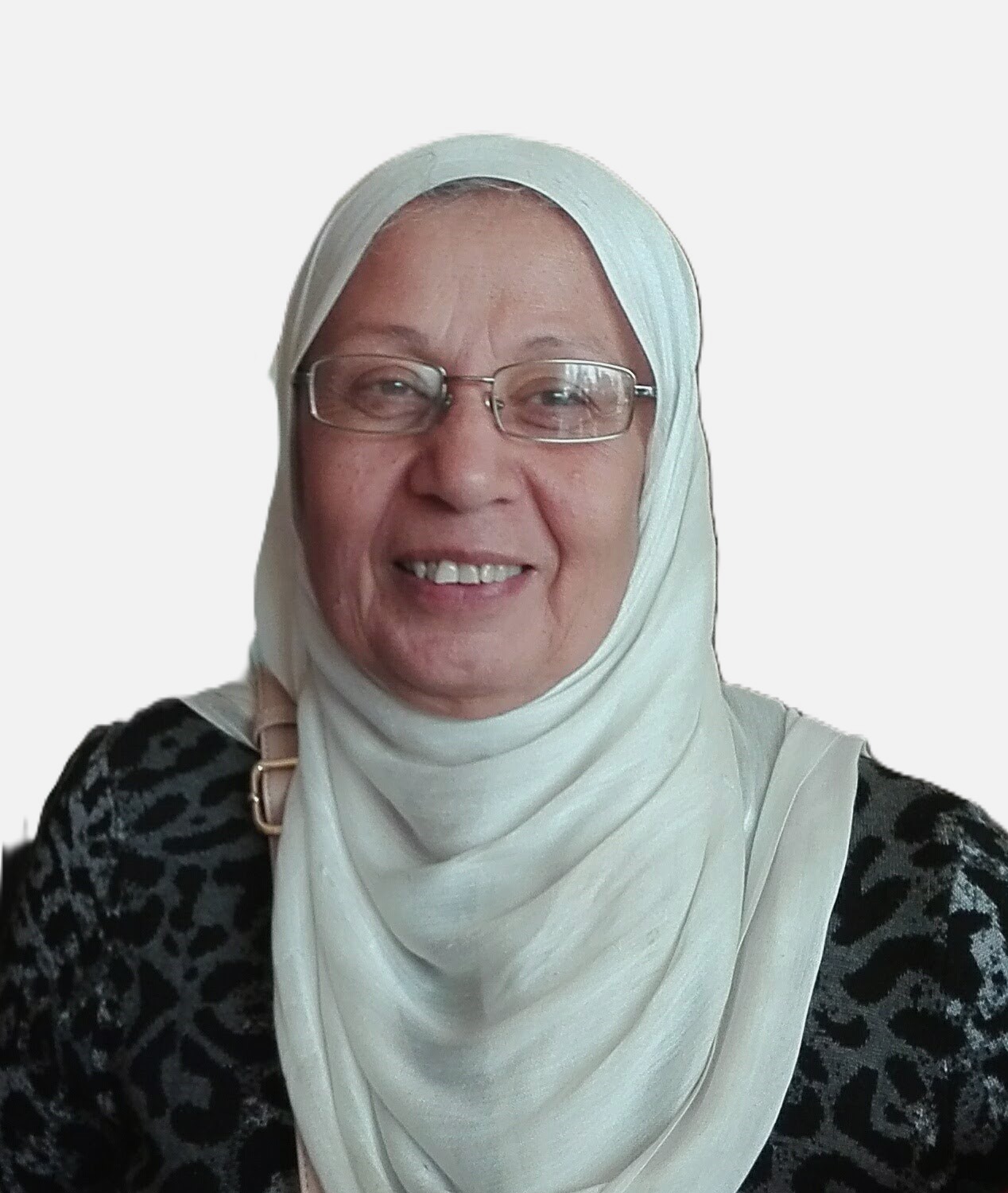
Chairperson for the Specialty Committee of Biosafety in Public Health Laboratories
Specialty Committees Members
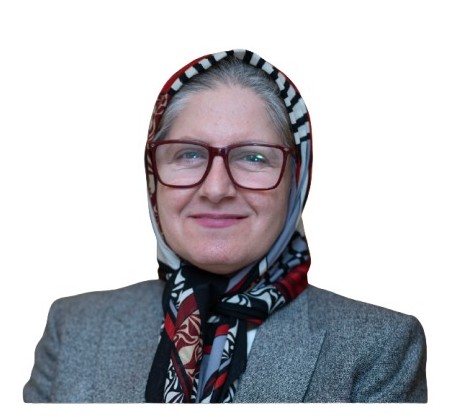
Manal Mohamme d Younus
The head of the Iraqi Pharmacovigilance Center based in MOH. She led the creation and expansion of the Iraqi pharmacovigilance system. Currently, she is a patient safety fellow with the Patient Safety Movement Foundation (PSMF), an ISoP (International Society of Pharmacovigilance) fellow. She is an ISoP Advisory Board member, leading the Students Group to increase awareness regarding pharmacovigilance. Representing ISoP as an Executive Committee member of the Council for International Organizations of Medical Sciences (CIOMS) and have participated in the CIOMS WG XI report, patient involvement in the development, regulation, and safe use of medicines, and also participated as an editorial group and in promoting this guideline on different occasions. The co-founder of the ISoP Patient Engagement SIG, the vice president of the ISoP Middle East chapter. Member of ISoP Pharmacovigilance Professional Qualification Framework SIG member and ISoP risk minimization methods. Authored more than 40 publications on different drug safety-related subjects, served as field supervisor and co-advisor for many postgraduate students, and reviewed several manuscripts for some reputable journals. A WHO benchmarking assessor. Furthermore, a member of DSRU MEP International Working Group on Signal Detection and Management in Pharmacovigilance and a member of the International Academy of Public Health's (IAPH) Scientific Council and AMR Specialty Committee. Finally, an ISO 9001:2015 certified lead auditor.
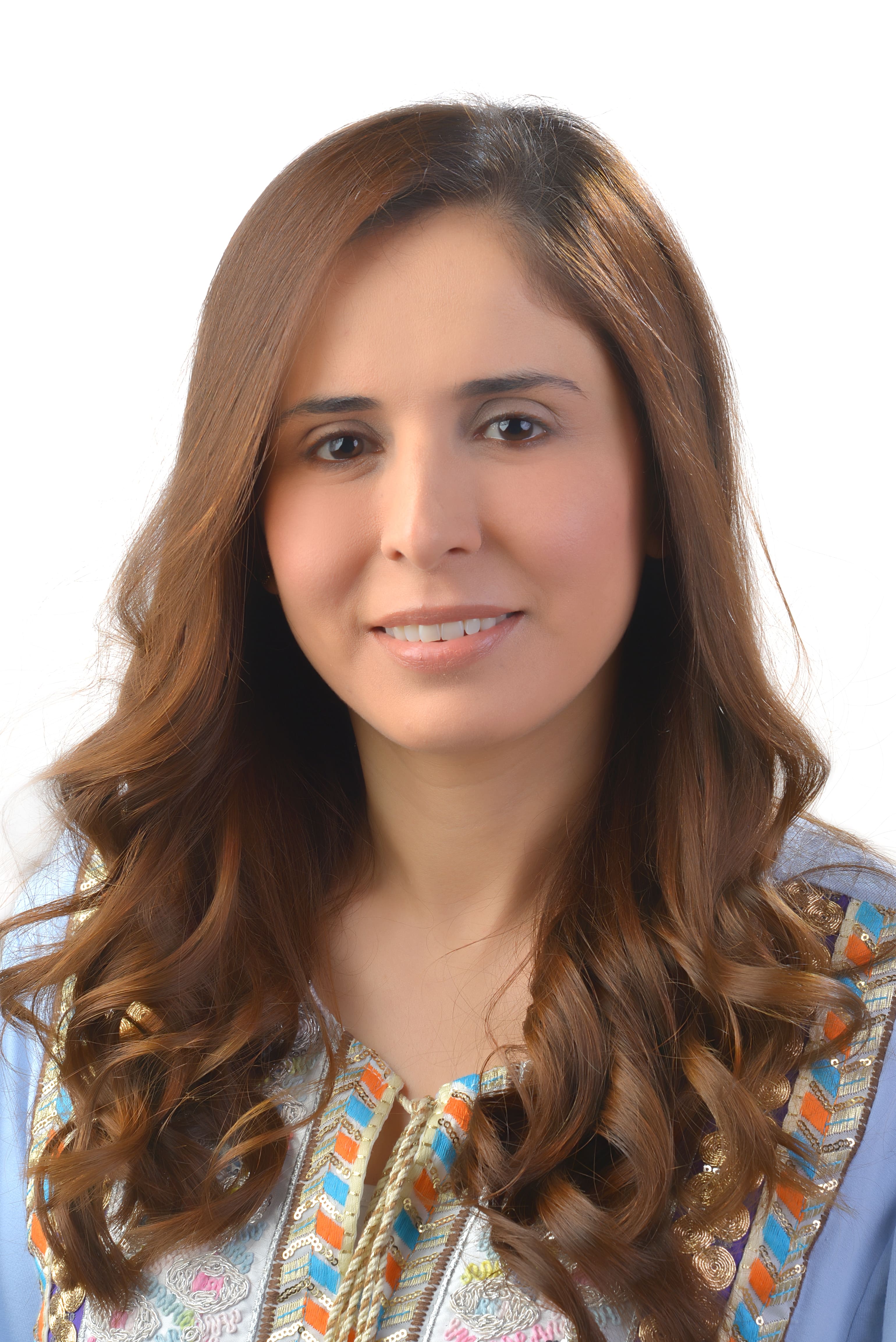
Nisreen DaifAllah Al-Hmoud
Dr Nisreen AL-Hmoud is the Director of the Bio-Safety and Bio-Security Centre at the Royal Scientific Society of Jordan. As a scientist, Dr AL-Hmoud is motivated to provide research that focuses on the public good; her research emphasis is the preservation of human health and biodiversity. She is particularly interested in effective and sustainable scientific international cooperation. She dedicates her research to the development of scientific capacity for scientists, government agencies, local communities and Non-Governmental Organizations in Jordan and the MENA region. Besides that, Dr AL-Hmoud is actively contributing to Biorisk Management capacity building programs nationally and regionally. Dr AL-Hmoud is a frequent participant at international biosafety/biosecurity meetings and has attended international governmental meetings at the BTWC and the UNSCR 1540 Committee. Dr AL-Hmoud received her B.S. in biology from the University of Jordan, and her M.Phil. and Ph.D. in microbiology from the University of Abertay Dundee in Scotland.
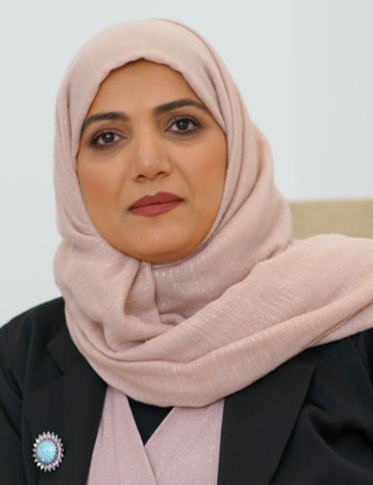
Dr. Amal Al Maani
An accomplished healthcare leader and infectious diseases specialist with over two decades of experience in clinical care, public health leadership, and health systems management. Proven track record in infection prevention, pandemic response, antimicrobial resistance (AMR) strategy, and medical education. Recognized by the World Health Organization (WHO) with the Sasakawa Global Health Prize for contributions to global health
Dr. Amal achieved her fellowship in pediatric infectious diseases from the Royal College of Physicians and Surgeons, Canada. She has a Certificate in Infection Control (CIC) from the Board of Infection Control & Epidemiology and certificates in Patient Safety & Quality Improvement and in Global Health from the Dalla Lana School of Public Health, the Centre for International Health in the University of Toronto (UFT).
She is an author of many scientific peer-reviewed papers in the fields of public health and infectious diseases.*
She was the winner of the Dr. Susan King Award for Research Price in 2011 for her scientific contribution at the AMMI conference in Canada in 2011.
She was a core member of the national response team for the COVID-19 pandemic, the Global Community of Practice in IPC, the supervisory committee of Gulf CDC, the Global Leaders Group for AMR (GLG-AMR), and an emerging leader for the International Society of Infectious Diseases (ISID).
She is currently working in her personal capacity as a technical advisor for WHO’s Strategic Infectious Hazards advisory team.
*Dr Al Maani’s papers are available at the ResearchGate page: https://www.researchgate.net/profile/Amal_Al-Maani
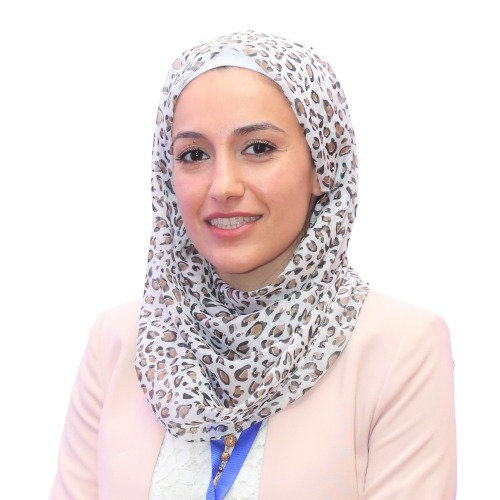
Dr. Majd Alsoukhni
Majd Alsoukhni is a Senior Technical Officer at the Public Health Emergency Management Center (PHEMC). With 11 years of professional experience, Majd has been at the forefront of advancing public health practices in the Eastern Mediterranean Region (EMR). Since joining GHD|EMPHNET in November 2018, she has played a key role in conducting research across various health topics, including mental health, sexual and reproductive health, Tuberculosis, HIV, Polio, neonatal mortalities, and stillbirths.
In her current position, Majd holds responsibility for the technical aspects of diverse projects aiming at enhancing emergency management practices, knowledge, and strategies in the EMR. This includes coordinating and executing project activities, overseeing pilot studies and fieldwork, reporting and documenting results and progress, and developing quarterly/annual technical reports. Majd has been instrumental in establishing Rapid Response Team (RRT) programs in EMR countries, such as Jordan and Iraq. Her work encompassed providing advanced training to RRTs, conducting Rapid Response Management Training, and developing Standard Operating Procedures (SOPs).
In addition to her role at PHEMC, Majd co-facilitates the Executive Professional Master Program in Public Health Emergency Management at the International Academy of Public Health (IAPH), contributing to capacity building and leadership development in the field of public health emergencies.
Majd holds a master's degree in public health and a bachelor’s degree in pharmacy from Jordan University of Science and Technology (JUST). Prior to her current position, Majd served as a public health research assistant at JUST and worked as a pharmacist at the King Hussein Cancer Center (KHCC). Additionally, she gained valuable experience as a trainee at the Center of Drug Policy and Technology Assessment (CDPTA). Majd's specialized area of expertise lies in Epidemiology, and she holds a keen interest in Occupational and Global Health.

Dr. Tarek AL Sanouri
Dr. Tarek AL Sanouri is a former EMPHNET Disease control and prevention team leader. His role was to oversee technical and administrative tasks related to planning, coordination, execution, monitoring and evaluation of project activities pertaining to Biosafety, Biosecurity, Biorisk management and laboratory quality management system and lab-based surveillance.
Dr.Tarek holds 14 years of experience which he gained from the Central Public Health Laboratory (CPHL) of the Jordan Ministry of Health. Prior to joining EMPHNET, he was the Head of (CPHL) where he coordinated and monitored laboratory work and activities related to public health, outbreak investigation and disease surveillance, laboratory quality management system and laboratory network. He also worked with international organizations where he was a consultant to the World Health Organization on laboratory quality management, Biorisk management, laboratory networking and laboratory core capacities for International Health Regulations. He also represented Jordan’s Ministry of Health in meetings, conferences and workshops as a speaker and trainer on laboratory-based surveillance, food borne and other pathogens detection and subtyping, Influenza and other respiratory viruses ‘surveillance and diagnosis.